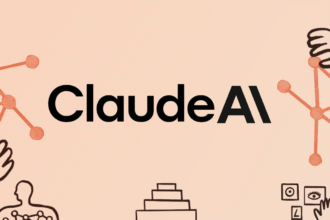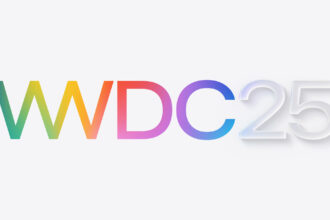On Thursday, March 13, 2025, Meta announced its latest weapon in the fight against misinformation: Community Notes, a crowdsourced content moderation feature set to roll out in the U.S. next week. In a revealing blog post, the company disclosed that it’s building this tool using the same open-source algorithm that powers X’s Community Notes, pioneered by Elon Musk’s platform. While Meta plans to tweak the system for Facebook, Instagram, and Threads, this move marks a significant shift in how the social media giant addresses false narratives—raising both excitement and skepticism. Here’s what you need to know about Meta’s bold new approach.
A Shared Foundation with X
Meta isn’t starting from scratch. “As X’s algorithm and program information is open source—meaning free and available for anyone to use—we can build on what X has done,” the company stated. This foundation allows Meta to tap into a system already studied by researchers, with plans to refine it over time. “We may explore different or adjusted algorithms to support how Community Notes are ranked and rated,” the blog added, signaling a tailored evolution for its 3.9 billion monthly active users across its platforms.
The decision follows CEO Mark Zuckerberg’s January 2025 pivot away from third-party fact-checking in the U.S., a move tied to relaxed moderation policies. Community Notes, first pitched as a replacement, will debut in beta next week, with 200,000 users already signed up as contributors. Eligible participants—over 18 with verified phone numbers—can annotate nearly all content, from public posts to those by Meta executives and politicians, though ads are off-limits.
How Community Notes Will Work
Unlike traditional moderation, Community Notes won’t restrict visibility or penalize flagged posts. “Notes will provide extra context, but they won’t impact who can see the content or how widely it can be shared,” Meta explained. Contributors propose notes, which require consensus among diverse users to be published—a safeguard against coordinated manipulation. There’s no appeal process for flagged posts, emphasizing the system’s reliance on community judgment over centralized control.
Meta clarified to CNBC that this isn’t a full replacement for moderation but a complementary layer. Rachel Lambert, Meta’s director of product management, told reporters the company may consider open-sourcing its version later but is holding off on technical disclosures for now. The beta will expand nationwide once initial testing proves effective, with continuous refinements planned.
The Promise and Perils of Crowdsourcing
Community Notes aims to democratize context, much like X’s model, which has flagged misinformation on topics from elections to health since 2022. Meta’s adoption reflects a belief in collective wisdom, with Zuckerberg betting it can outpace the rigidity of third-party checkers. The company touts its consensus requirement as a shield against “organized campaigns,” a nod to concerns raised by experts like George Washington University’s Neil Johnson.
Johnson, a misinformation researcher, told CNBC in February that while Community Notes can clarify online content, it’s “not a substitute for formal fact-checking.” He labeled it an “imperfect system,” vulnerable to exploitation by agenda-driven groups—a critique X has faced as well. Meta’s response? A focus on diverse agreement to filter out bias, though real-world results remain untested.
Why This Matters for Meta in 2025
Meta’s move comes as misinformation remains a hot-button issue, with platforms under pressure to balance free expression and accuracy. By borrowing X’s tech, Meta gains a head start in a crowded field—Twitter’s successor has seen Community Notes boost trust among some users. Yet, adapting it for Meta’s scale and ecosystem (spanning three apps with distinct cultures) is no small feat. The company’s reluctance to fully open-source its version also hints at a cautious rollout, prioritizing control over transparency.
With 200,000 contributors and counting, the waitlist remains open, signaling strong early interest. Success could redefine Meta’s moderation legacy, long criticized for opacity and inconsistency. Failure, however, risks amplifying skepticism about crowdsourced solutions in an era of polarized online discourse.
What’s Next for Community Notes?
The U.S. beta, launching March 17, 2025, will be a proving ground. If it curbs misinformation without stifling reach—as Meta promises—it could roll out globally, reshaping how billions engage with content. For now, all eyes are on how Meta refines X’s algorithm and whether it can outmaneuver the pitfalls Johnson warns of. As Zuckerberg doubles down on this experiment, Community Notes could either cement Meta’s innovation cred or expose the limits of crowd-powered truth. Stay tuned for updates as the beta unfolds.














